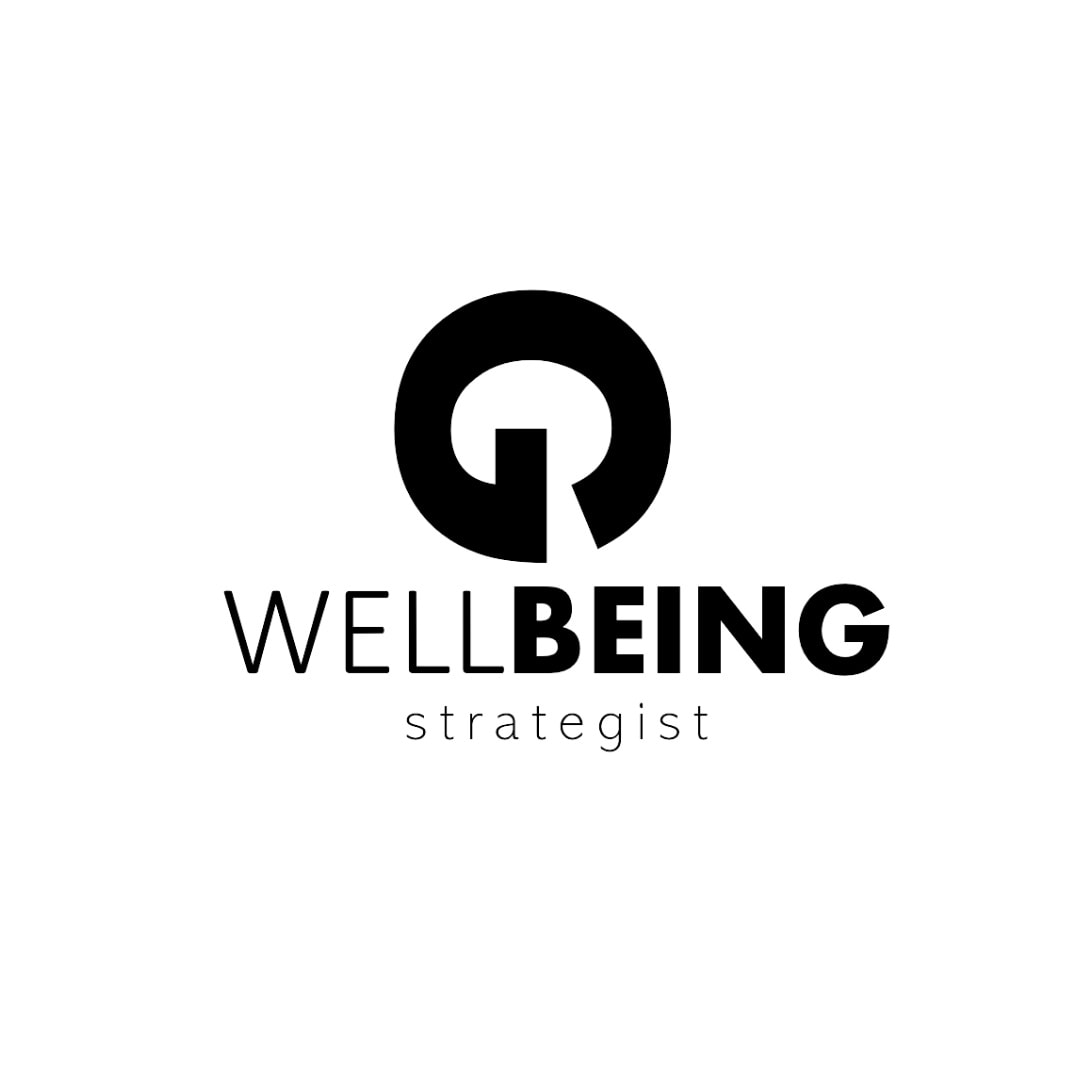The Dangers of workaholism and Impact on Your Life
From article you will learn:
- How to recognise a workaholic
- Why workaholism is dangerous
- 9 ways workaholism impacts your life in a physical and psychological way
- Are you a workaholic? Self-reflection questions.
Table of Contents
Appearances can be deceptive
With all the glamour of the Corporate dream, workaholism and busyness became glorified and it is almost looked upon as positive behaviour! The typical perception of someone who spends 12 hours a day working and constantly being absorbed with work is, that he or she is successful, powerful, rich etc. Well, It’s time to make this distinction – being called a Workaholic is not a compliment – it can have far-reaching implications on not just your own physical, emotional and psychological well-being but also on your company’s future. It’s important to have a healthy work ethic and balance in life to achieve long-term success.
All leaders are required to work long-hours depending on certain events and seasons in a company’s work cycle. Being a Workaholic however is something altogether different than working long-hours occasionally.

The Dangers of workaholism – When are you a workaholic ?
Here are some characteristics of being a workaholic:
- You are the last one out of the office
Usually by 5 or 6 pm most people leave the office, but for those with dedication, workaholics are usually the first to arrive and the last to leave the office. It’s like they can’t bear to stay away from the office.
- Work is always on your mind
The first thought on your mind as you wake up is about something at work. Your family is having an animated discussion around the dinner table and your attention is on the presentation someone made at work today.
- Checking emails at home
Even after you come home from work, you constantly check emails and it’s like you are in a race to respond to every message that comes in, clocking your own response time! Sometimes you find yourself checking email in the middle of the night.
- You define yourself by your work
Your identity is the work you do. Your sense of self-worth depends on the value of your work – you overlook the fact that you have intrinsic value no matter what you do. Consequently fear of loss of job and its prestige gives you sleepless nights and you get performance anxiety.
- Unable to take breaks or holidays
It’s difficult for you to take a break from work and go on a holiday. You keep putting off even a weekend getaway. There is a feeling of dread that you will lose something important if you go away from work. However, it is important to prioritise a healthy work-life balance to avoid burnout and maintain overall well-being.
This small list can give you a fair idea of whether or not and to what extent you are a workaholic.
It has been found that the work environment and working long hours or staying in work-mode always has wide ranging effects.
A survey and health screening of 763 employees by Lieke ten Brummelhuis and Nancy P. Rothbard found that “People who obsessed over work reported more health complaints and had increased risk for metabolic syndrome; they also reported a higher need for recovery, more sleep problems, more cynicism, more emotional exhaustion, and more depressive feelings than employees who merely worked long hours but did not have workaholic tendencies.” Understanding the impact of workaholic tendencies on public health is crucial for employers and employees alike.

What are the consequences of workaholism?
You’re left stressed and your career success is dulled by fatigue. Here are some short and long term implications of Workaholism:
1.Decreased Productivity
For peak job performance, one’s body needs to have a high level of energy. Constantly working long hours can lead one to become tired, stressed and anxious.
This will make it harder for you to concentrate and grasp the details in a spreadsheet, a project report, or anything that needs your brain to process information and draw inferences.
Your productivity will decrease and things that normally would take 20 minutes to finish will take hours to complete and even then you will not be satisfied with the quality of your work.
2.Impaired Judgement
Researchers have found that overwork, stress and exhaustion can lead one to have difficulty in things that you have to do everyday as a leader – like – decision making, reading other people’s faces, managing your own emotional reactions, gauging situations, making sound judgements etc. It is important to have job control and manage your workload to avoid burnout and maintain your ability to perform these essential tasks.
The cost of having wrong judgement at this position can have far reaching implications. Just one wrong decision can have a spiralling effect that can become very difficult to manage.
One is likely to make more mistakes when tired, especially after late nights. It also makes your focus become scattered and you lose sight of the bigger picture.
3.Burnout
The constant stress of being on high-alert inevitably leads to burnout and can contribute to mental health problems. Even after having achieved a lot of success, one gets self-doubt and a sense of failure.
There is the feeling of helplessness and defeat. An increased sense of cynicism and a negative outlook on life ensues. There is lack of motivation to do anything to get out of this dark pit of despair and one feels alone in the world.
4.Substance Abuse
Corporate work culture promotes some unhealthy means of coping with work related stress. Studies have found a directly proportional rise in activities detrimental to health when people work long hours.
These include smoking, alcohol consumption, and physical inactivity. investigated male and female working populations putting in more than 34 hours a week in Canada.
The findings concluded an increased rate in smoking, drinking and lack of physical activity in both male and female workers while the numbers were a bit higher for the male workers compared to female counterparts.
5.Sleep problems and Fatigue
Being a workaholic results in long hours at work and therefore it also reduces the time for sleep due to which the body doesn’t get enough rest and it therefore leads to feeling fatigued.
A healthy sleep pattern of 7 – 8 hours of sleep every night reduces the risk of acute myocardial infarction, cardiovascular diseases, diabetes, high blood pressure as well as work related injuries and mistakes.
6.Deteriorating Relationships
This is an obvious and inevitable fallout of being married to your work. You probably might justify coming home late everyday by saying that you are working long hours to make more money for the family.
Sooner or later people will begin to drift away from you if you stop nurturing relationships that matter – whether it’s your spouse, children, or friends. Due to this, workaholics end up feeling lost and alone with no one to talk to.
7.Lack of meaningful connections and social support
An implication of point number 6 is that when they need someone to reach out to, a shoulder to lean on, they might find themselves standing alone.
Being in a leadership position also can make one take things for granted, and when there is sudden change it becomes especially difficult to deal with it without emotional support from family and friends.
8.Psychiatric disorders
Workaholics are more prone to mental health issues like attention deficit hyperactivity disorder (ADHD), obsessive-compulsive disorder (OCD), anxiety, and depression.
9.Physical Health related implications of Workaholism:
1.Heart disease and stroke: Researchers found that workers in Europe, Japan, Korea, and China who work more than 50 h per week had an increased risk of cerebrocardiovascular diseases, myocardial infarction and coronary heart disease.
2.Diabetes risk: Putting in 45 or more hours a week raises the chance of having diabetes in women, but not men, according to researchers who tracked the health and work habits of more than 7,000 Canadians between ages 35 and 74 over 12 years.
3.Abnormal heart rhythm: Working long hours can lead to abnormalities in the autonomic nervous system, which controls involuntary actions such as the beating of the heart.
4.Hypertension: Working more than 61 hours per week showed an increased risk of suffering from elevated systolic blood pressure.
5.Back and neck ache: Sitting long hours at a desk and being in a state of high-alert by not switching off the work-mode leads to lower back ache, cervical spondylosis, frozen shoulders and related injuries.
You may also like: 9 strategies to relief stress in a leadership role.

Conclusion
Today’s world somehow glorifies being in love with one’s job as the ultimate way to be. We judge ourselves and others also judge us based on our work titles and pay packages. Being exhausted became indicator of a social status. It is time to learn that workaholism is an addiction, an unhealthy pattern of behaviour that should be viewed as a pathology.
After chasing and achieving the million dollar dream, leaders often find themselves in a deep existential crisis or burnout. The things that they thought would bring them happiness turn out to be empty promises, just like a hangover in the morning after a party.
- Is it time for you to take a closer look at your work and personal life?
- Do you have healthy boundaries so that your personal life and relationships are not adversely affected by your work culture…
Do ponder upon these questions, my friend and learn how to live a balanced life and not just be a slave to your career.









